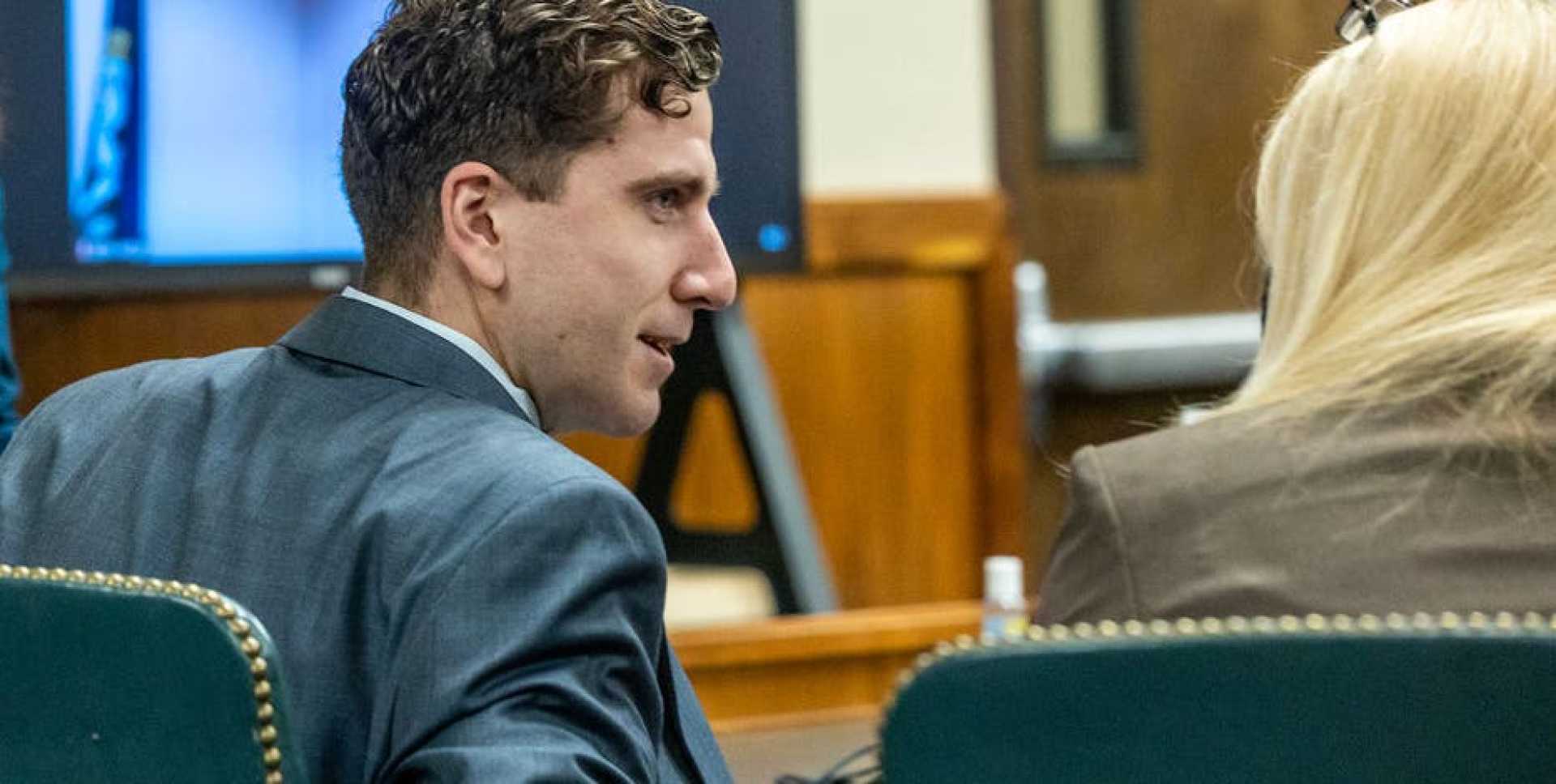News
Judge Rules Against Suppressing Evidence in Idaho Murder Case

BOISE, Idaho — A judge in Idaho has ruled that key evidence against Bryan Kohberger, charged with murdering four University of Idaho students, will not be suppressed despite defense objections over the use of investigative genetic genealogy (IGG) in the case. This decision comes more than two years after the tragic deaths of Madison Mogen, Kaylee Goncalves, Xana Kernodle, and Ethan Chapin in an off-campus home.
The hearing, which was closed to the public, took place recently and revealed new details about the ongoing investigation. Defense attorney Anne Taylor asserted that law enforcement’s use of IGG infringed upon Kohberger’s constitutional rights. However, Judge Steven Hippler maintained that the investigative methods employed were lawful.
“The process used in this case was not unconstitutional,” Judge Hippler stated during the proceedings. The ruling indicates that prosecutors will be able to present DNA evidence reportedly obtained through IGG methods in Kohberger’s forthcoming murder trial, scheduled to begin this summer with the possibility of the death penalty pending conviction.
Detective Cpl. Brett Payne, a lead investigator in the case, testified that Kohberger’s name was not mentioned until December 19, 2022, well over a month after the students were killed. During his testimony, Payne explained how IGG efforts led to identifying Kohberger as a suspect. “That was a result of investigative genetic genealogy that was being undertaken by the FBI,” Payne detailed.
The defense alleges that investigators did not initially disclose the use of IGG methods in the probable cause affidavit. “That decision was a collaborative decision,” Payne responded, stating the approach was taken to independently verify tips received from the FBI.
The IGG process enables law enforcement to analyze a suspect’s DNA against public genealogy databases to uncover familial links that could lead to identification. Rylene Nowlin, a lab manager at the Idaho State Police Forensic Laboratory, confirmed that DNA testing of a knife sheath yielded unique results through this process.
“We had a contract with Othram for certain types of forensic work,” Nowlin reported, referring to the Texas-based laboratory that specializes in DNA sequencing combined with genealogy mapping. IDPS Laboratory System Director Matthew Gamette also spoke on the collaboration with Othram, stating he accompanied a Moscow Police Department officer to deliver the DNA materials for analysis.
During the hearing, Leah Larkin, a genetic genealogist, explained the implications of IGG in the investigation, noting that many major genealogy websites place restrictions on law enforcement use. “Ancestry forbids it, 23andMe forbids it, MyHeritage forbids it,” she stated.
The families of the victims have watched the proceedings closely, expressing concern over the lengthy legal process. Following the hearing, Goncalves’ family issued a statement, expressing gratitude that the court permitted the use of genetic evidence. “In the big picture of life, justice is just moments away,” the family said on social media.
As the trial date approaches, the pressure mounts for both sides as the legal intricacies surrounding IGG continue to unfold.












